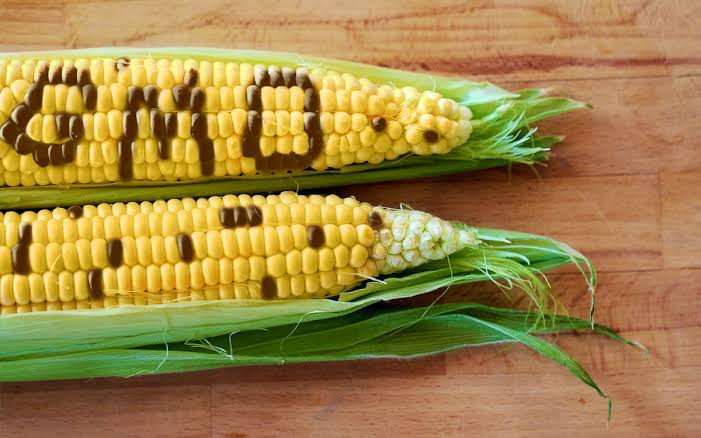The latest came as a result of a Cabinet meeting chaired by President William Ruto on Monday, which sought to assess progress in the national response to the ongoing drought situation that has affected 23 counties.
During Monday’s meeting, the Cabinet considered a wide range of proposals relating to climate change adaptation, reducing Kenya’s reliance on rain-fed agriculture through increased irrigation, and the planting of diverse and drought-resistant crops.
Among the reports held during the meeting were reports from Kenya’s National Biosafety Authority (NBA), the World Health Organization (WHO), the Food and Agriculture Organization (FAO), the United States of America’s Food and Drug Administration (FDA), and the European Food Safety Authority (EFSA).
The meeting followed an earlier Cabinet decision made on December 19, 2019 regarding the commercialization of Bacillus Thuringiensis (BT) Cotton Hybrids in Kenya; this is a genetically enhanced variety of cotton that is resistant to African Bollworm, the most destructive and pervasive pest in cotton farming.
Since November 2012, Kenya has been hesitant to approve the import or planting of genetically modified food crops due to a raging controversy over the safety of these crops, which are marketed as having several benefits, including increased yields, resistance to pests and drought, and other benefits.
